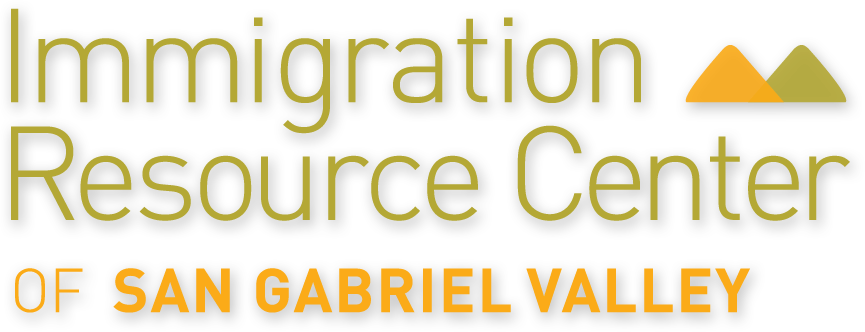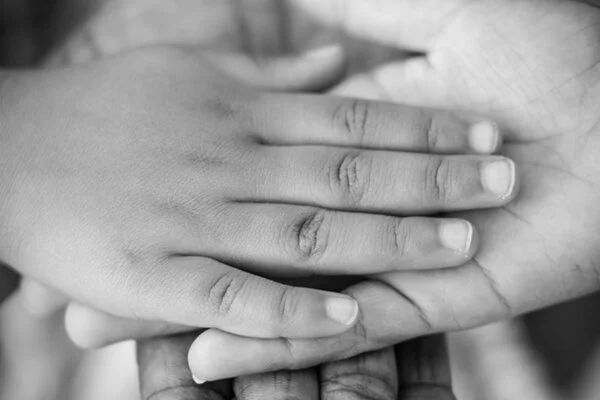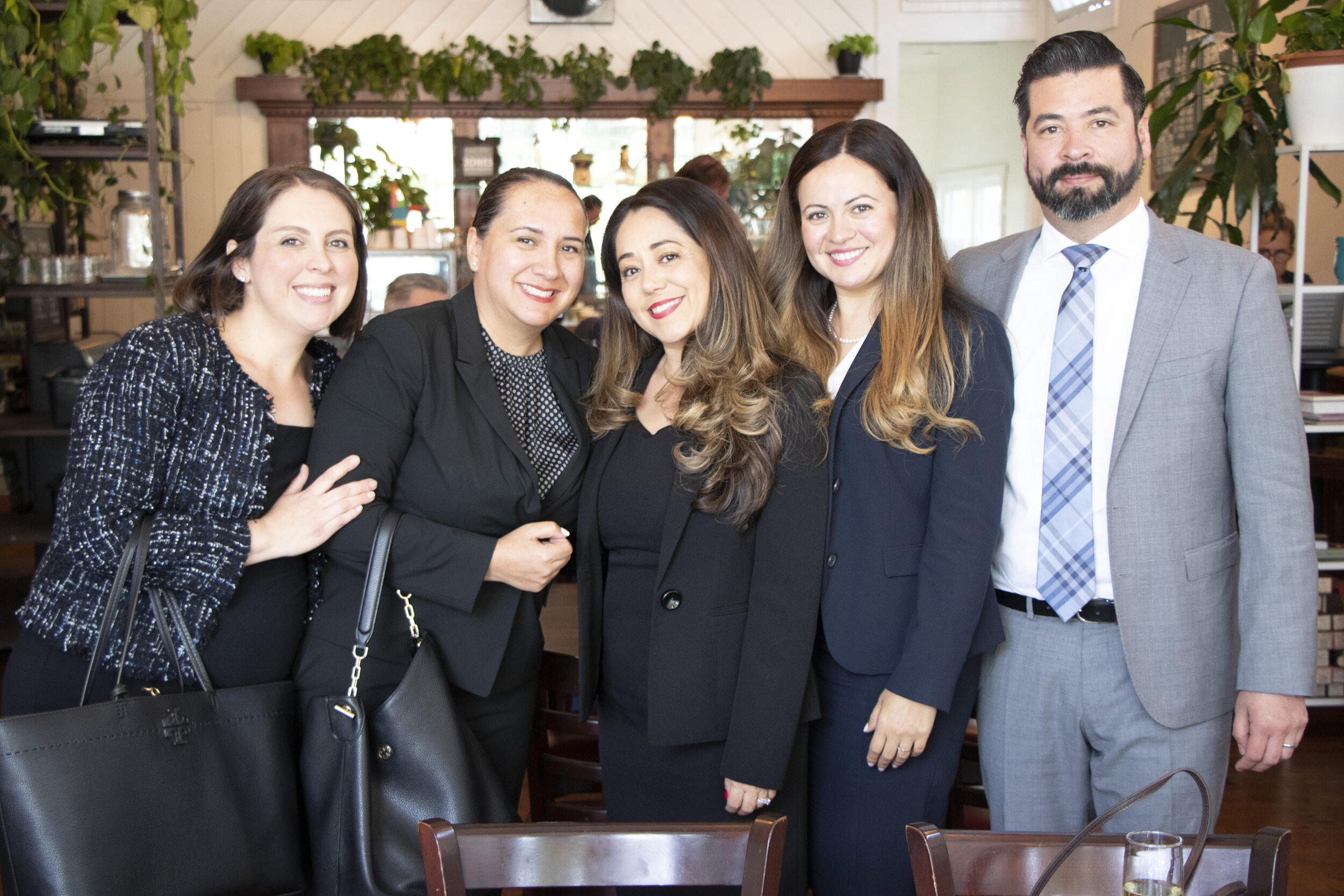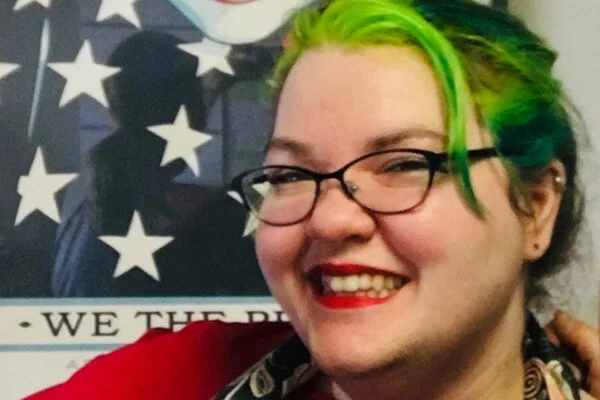How do you approach charitable giving?
I have a principle that if I volunteer with a nonprofit, I need to give back to them and their cause. The majority of causes I am involved with are as diverse as Los Angeles itself.
I approach charitable giving with the goal that funds directly impact people. Ideally, I partner with groups that engage their communities in tangible, concrete ways. It’s my hope that by being a discerning donor I can make the biggest impact with the funds I have to share.
“The only way I know to reach hearts on this topic is to share our family’s story from an open heart space.”
Why the IRC?
It all started with an invitation from Rob and Jordan Boldt to the IRC Gala in 2018. They knew immigration was an area of concern for my husband and I. By the end of the gala I remember standing there – just crying – thinking this is absolutely where I need to be contributing. I had expected a lot of fanfare, as is often the case at other galas. To my surprise, the event was markedly grassroots. The food and wine were terrific to be sure. But beyond the lovely food, I heard my husband’s story that night. His family immigrated from South America in the 80s. I heard the echo of my husband’s life as I heard stories of similar heartache. The combination of logistical obstacles and emotional trauma are as real today as they were then. I marveled at the toughness of my neighbors who endure the migrant’s road! I also thought back on my own childhood experiences. I was gob-smacked hearing “Zig” Ziglar, a favorite motivational speaker from my youth, who celebrated immigrant lives for the ways they have made this country a better, more beautiful place for us all. Then and there I started to think about what I could give. For me, it was a call of sorts; to participate more actively in a cause that is woven into the fabric of my family’s DNA.
How do you discuss immigration when outside the IRC community?
In practice, to discuss immigration fully, there has to be some consideration of how it has become a politically divisive issue. It is a straw man for so many politicians who want to incite intense emotion within their base. Unfortunately, the humanity of immigrant lives and communities dissolves for the sake of scoring cheap political points. But those realities have not hindered us from sharing with trusted friends and colleagues.
Our chosen mode is through hospitality. The Gala models for us what it means to invite others into conversation. We do our best work over dinner and wine! Casual dinners to formal ones, our table has become a place for sharing unbelievable immigration stories. We have discovered that many feel as we do about this important issue. Within the safety of friendship we have found allies in this work. Sometimes these conversations are introductions to the work of the IRC. Other times they are strategy sessions for the work yet to come. And at times, neighbors have trusted us with serious needs of their own. In the end, the only way I know to reach hearts on this topic and to cut through the political noise it generates, is to share our family’s story from an open heart space.
“It’s my hope that by being a discerning donor I can make the biggest impact with the funds I have to share.”
How else do you respond to immigration opponents?
It’s been my experience that people’s judgments around this issue are typically founded in fear. Such anxiety induces a cognitive fight or flight response. Remaining level-headed even when I vehemently disagree means that I can respect their terror and fright, their questions and apprehensions. It’s also quite helpful to understand what has informed their opinion. So long as immigration remains an abstract topic that comes and goes with every passing news cycle, public opinion will remain disconnected, and fail to see the dignity of immigrants as real people.













